Healthy Skin
Can’t tolerate retinol? Try these vitamin A alternatives
Topical vitamin A has long been a favourite among many midlife beauty buffs, with one of its common forms, retinol, touted for its skin-enhancing capabilities. While many retinol fans sing its praises (including smoother skin and a reduced appearance of fine lines), some find it hard to tolerate, with issues of sensitivity not being uncommon.
But, before we cast vitamin A out completely, there are alternatives, say the experts.
Here, specialists from the world of skincare reveal the different forms of vitamin A to look out for and explain how we can safely add this helpful ingredient into our skincare regime.
Can’t tolerate retinol? Try these vitamin A alternatives
What is retinol, really?
As Tracy Tamaris, co-founder of the International Institute of Active Ageing, explains, not all forms of vitamin A are equal when it comes to choosing skincare.
“When everyone thinks vitamin A, they think retinol,” she says. “But it’s only one form of vitamin A.
“We can think of vitamin A as being like a family tree. Milder forms of vitamin A include retinyl palmitate, acetate and propionate, and these can be easier for the skin to tolerate. Retinyl palmitate is the major storage form of vitamin A – it’s stored in our skin, liver and cells all over our body.”
Another form to look out for on ingredient lists is ‘tretinoin’ or ‘Retin A’. Both are names used for retinoic acid, the most active form of vitamin A. This form is capable of making changes to the DNA of our cells. It’s currently only available in prescription products – but this doesn’t necessarily mean it’s the most effective. Being the metabolically active form, it does penetrate the skin well, but can create sensitivity – including to light.
“The interesting thing is that it doesn’t matter which form of vitamin A we use,” Tracy says. “Once applied to the skin, all forms will first be converted to retinyl palmitate before being changed by oxidation into retinoic acid. The only exception is retinoic acid, which doesn’t need to be converted.”
Why should we use vitamin A?
One of the reasons vitamin A, and retinol in particular, is so popular is that it can produce effective, visible results.
Justine Masters, founder of The Alternative Facialist, explains what we might notice when a vitamin A-based product is working well. “You’ll see your skin become brighter, pigmentation will fade, blemishes will clear, and fine lines and wrinkles will soften,” she says.
“It has a normalising or regulating effect on our skin cells, stimulating collagen and elastin production, and increasing hydration by stimulating natural hyaluronic acid.”
Vitamin A can also help to restore our skin barrier function, and protect from moisture loss.
What should we be careful of?
Despite the benefits, many of us may find vitamin A hard to tolerate in our skincare regime.
“Problems arise when the wrong form of vitamin A is used at the wrong dose,” Tracy explains. “As we age, we become more vitamin A deficient (increasing our photodamage). When we apply vitamin A to deficient skin, it can react.
“That’s why it’s so important to start on low doses and go slowly. This builds up our vitamin A receptors in our skin.”
When should we move away from retinol?
Redness, irritation, peeling skin and breakouts are all signs that a retinol product isn’t working for our skin. But, looking to completely move away from using topical vitamin A might not be the answer here.
“It’s such an essential molecule for healthy skin,” Tracy explains. “There’s no other molecule that works in the same way. When used correctly you can get all the benefits without the irritation, but you don’t have to use vitamin A in the form of retinol specifically.
“Forms of vitamin A like retinyl palmitate or propionate, are more gentle [than retinol]. People who’ve got reactive, sensitive skins will find that they can tolerate these forms more easily. The best advice is to start low and build slowly. This gives the skin time to increase vitamin A receptor sites.”
Unlike other forms of vitamin A, retinyl palmitate doesn’t increase sun sensitivity, making it a great option to use both in the morning and at night. This also means we can safely pack a retinyl palmitate-based vitamin A product for summer holidays, too.
How should we move away from retinol?
The good news is that switching from a retinol product to a more gentle form of vitamin A couldn’t be easier.
“Concerns about sudden breakouts, the reappearance of fine lines, or losing the progress achieved can make the idea of quitting retinol feel like a risk,” explains Georgina Henry, Perricone MD’s Education Manager.
“Unlike some ingredients that require a gradual reduction, retinol works differently. It’s a time-released ingredient stored in the skin. Your skin won’t suddenly lose all its accumulated benefits, giving you time to adjust your routine without experiencing a harsh rebound effect.”
And, if retinol has damaged our skin, it’s important to focus on building our skin barrier up again, too.
“Look at ingredients like ceramides, beta-glucan, squalane, stem cells and fatty acids like borage or calendula oil,” advises Justine.
“Vitamin C, E, green tea and resveratrol all protect from free radical damage,” adds Tracy. “Peptides are great too – they do things like signal to your fibroblast cells to make more collagen and elastin.
“Add them to your vitamin A routine – you can’t expect one molecule to do absolutely everything.”
The best retinyl palmitate products to try
Sarah Chapman Age Repair Serum, £68, 30ml
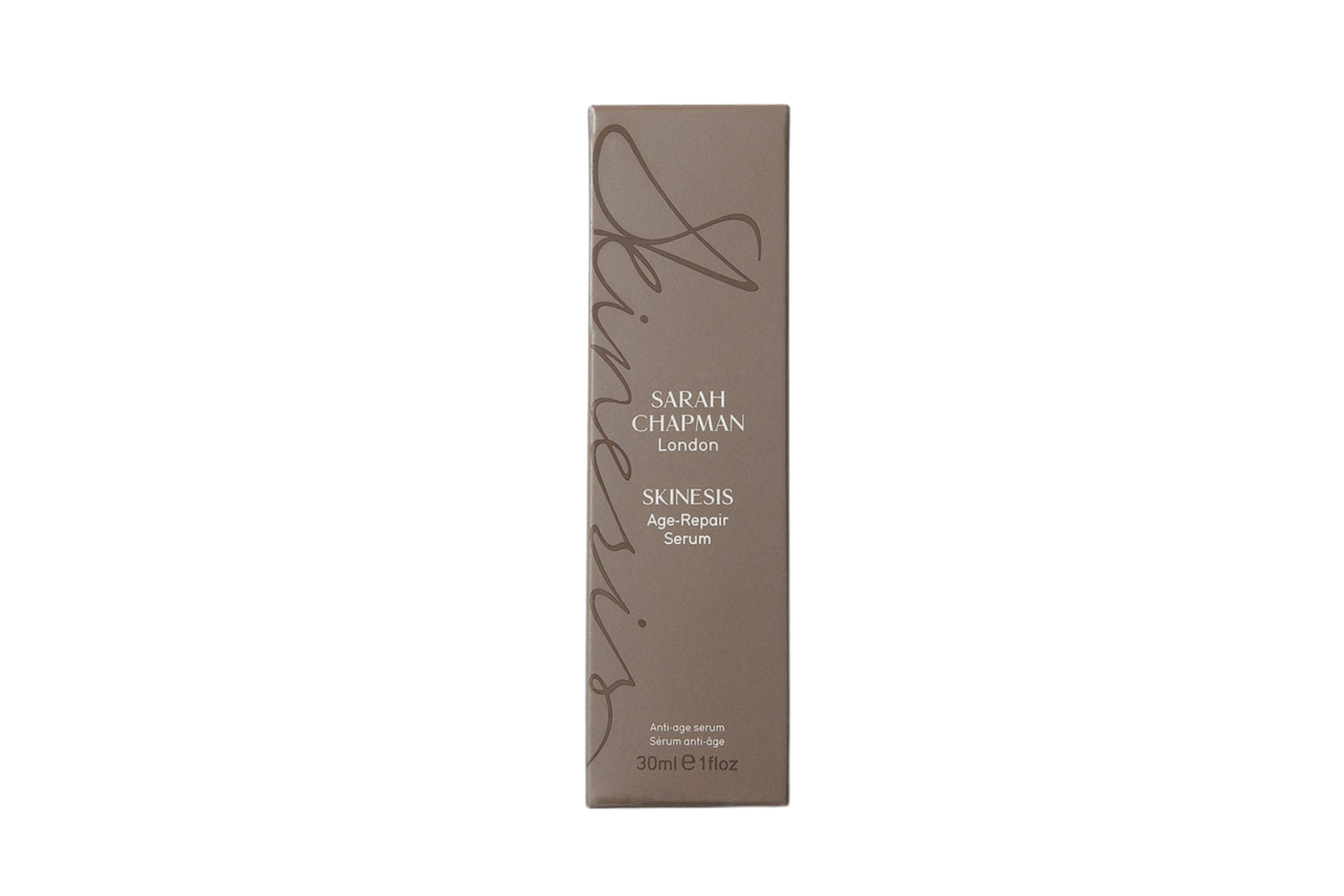
A smoothing serum with a powerful combination of ingredients, featuring collagen-stimulating peptides and vitamin C to address uneven skin tone.
Face Theory Retinol Firming Moisturiser 0.2%, £16, 50ml
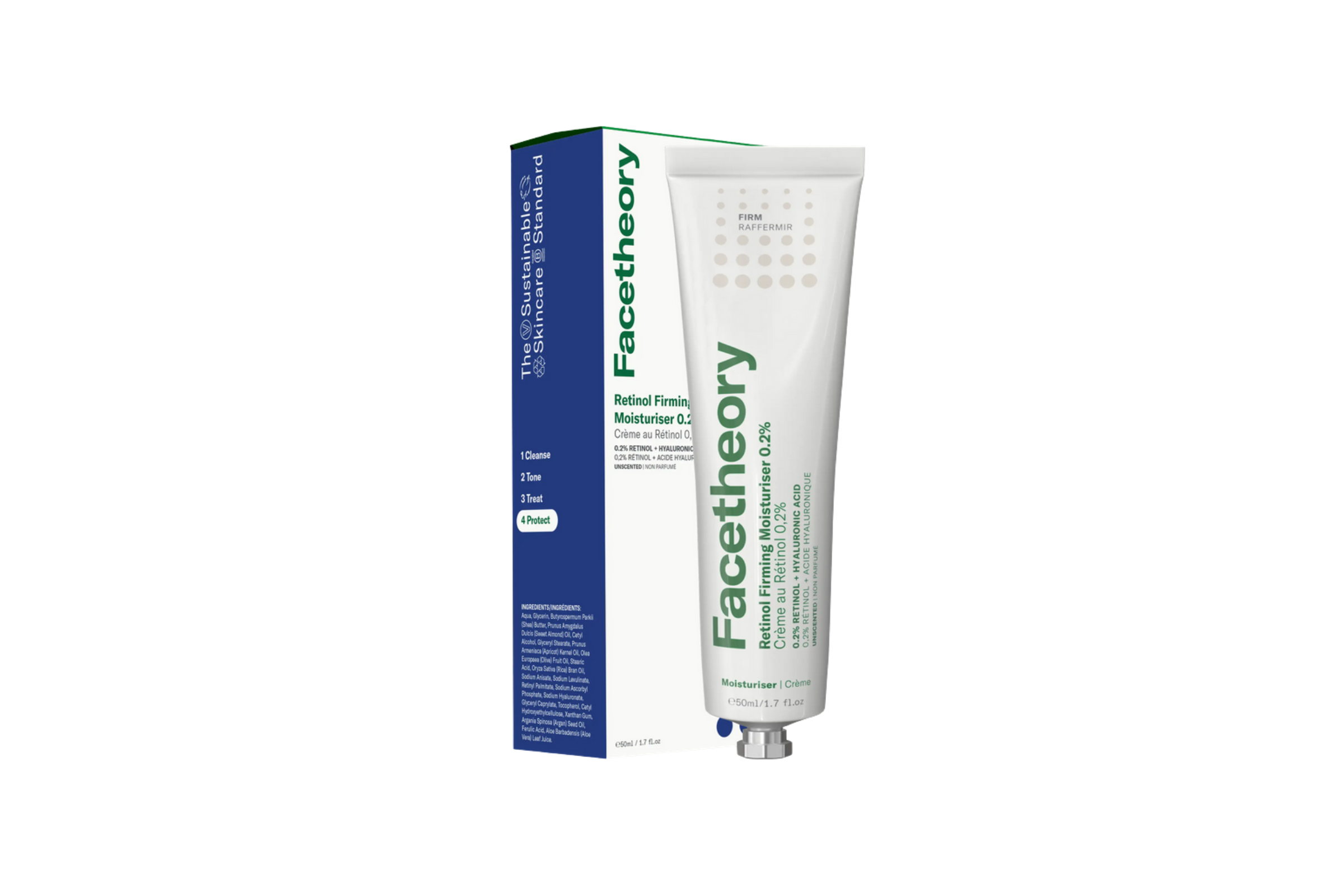
A great budget-friendly option to try retinyl palmitate, from a B-Corp and British-made brand.
Temple Spa Exalt Neck Firming Cream, 50ml, £46
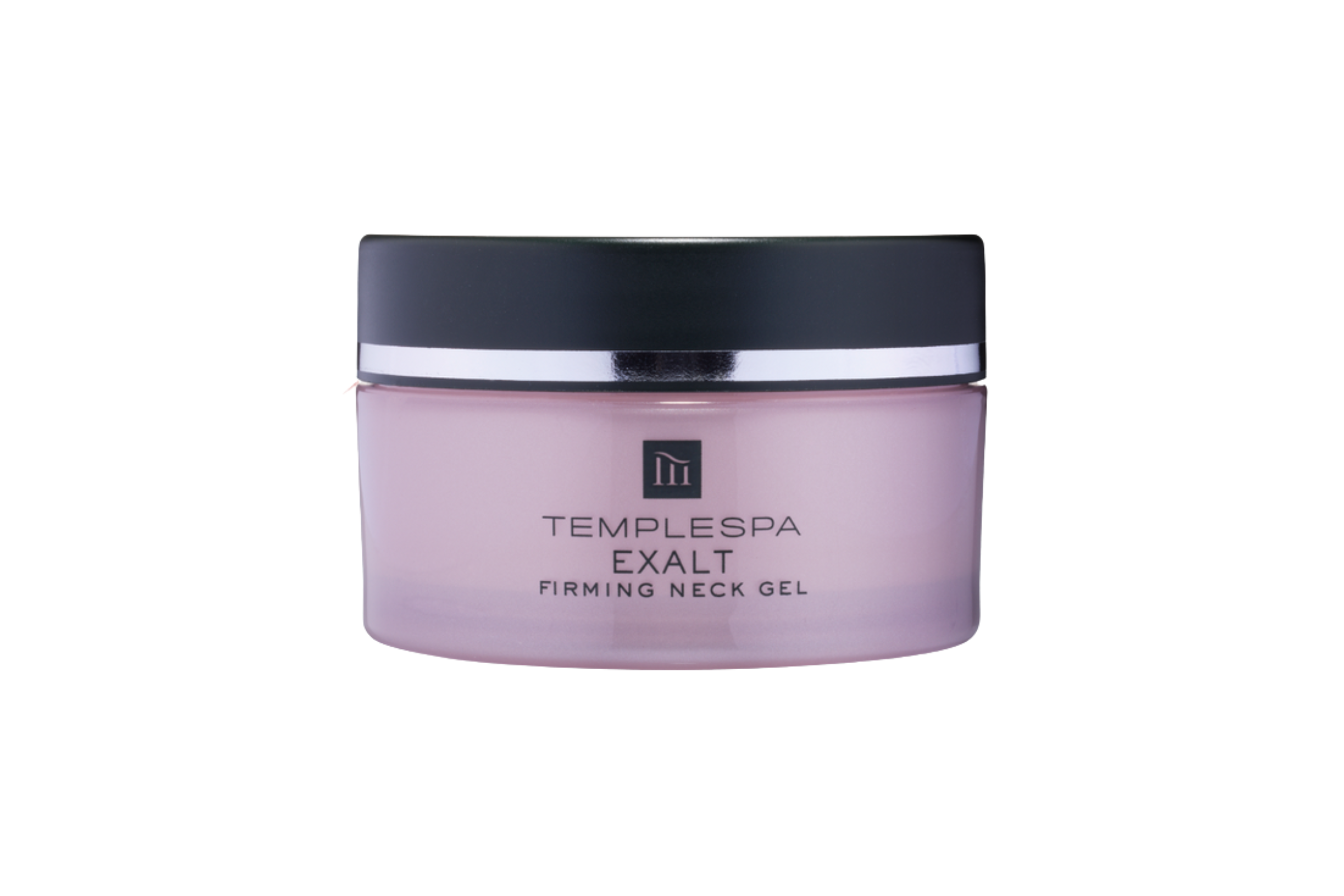
With an abundance of plant-derived extracts, this sublime silky gel smooths and firms, specifically designed for the neck and décolletage.
Environ Skin EssentiA Vita-Antioxidant AVST Moisturiser 1, £55, 50ml
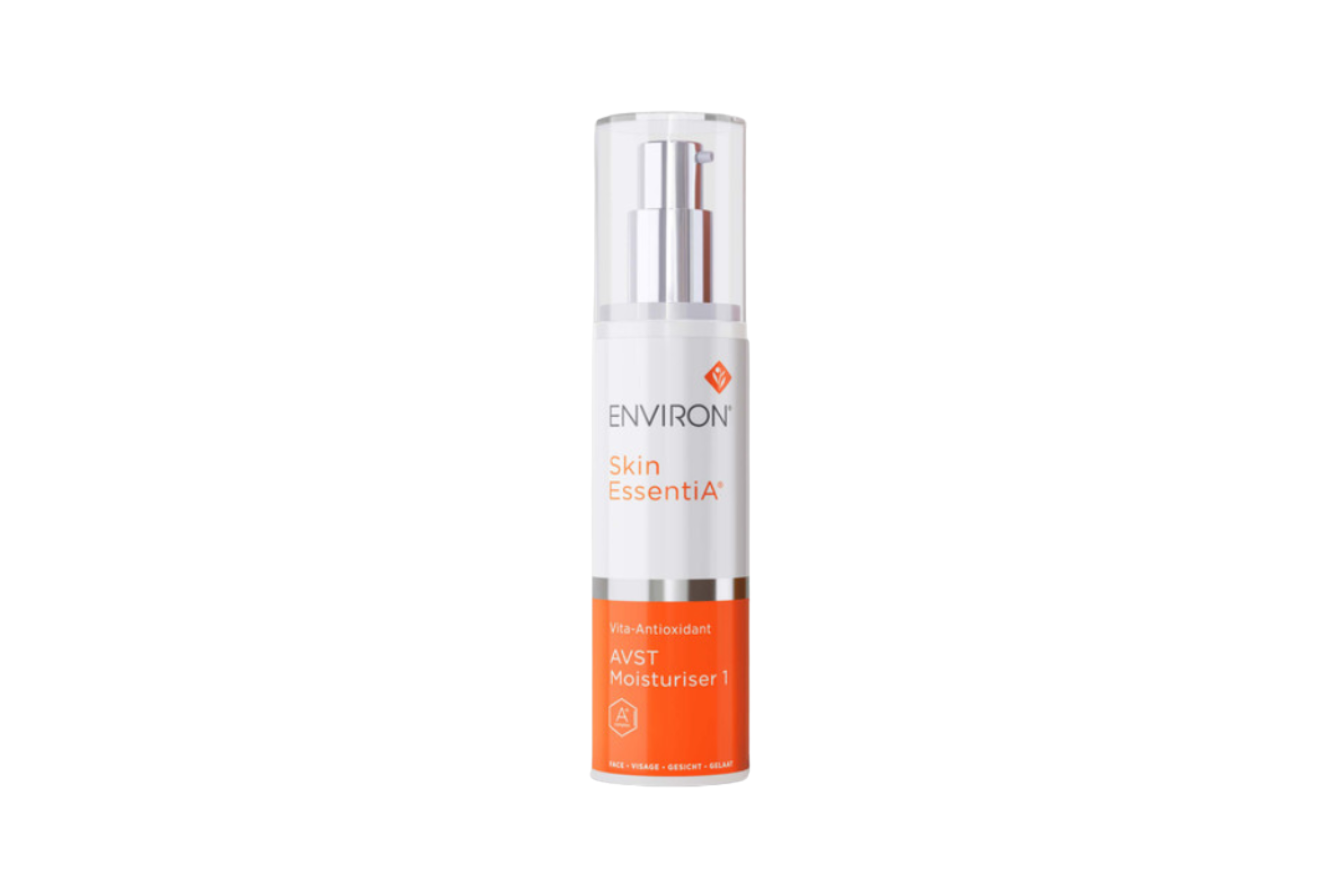
Features an airless pump delivery for precision and to help preserve ingredients. All sales come with a pre-consultation, making Environ ideal for nervous newcomers or those with ultra-sensitive skin.
BYROE New York Pumpkin Pro-Retinol Cream, 50ml, £110
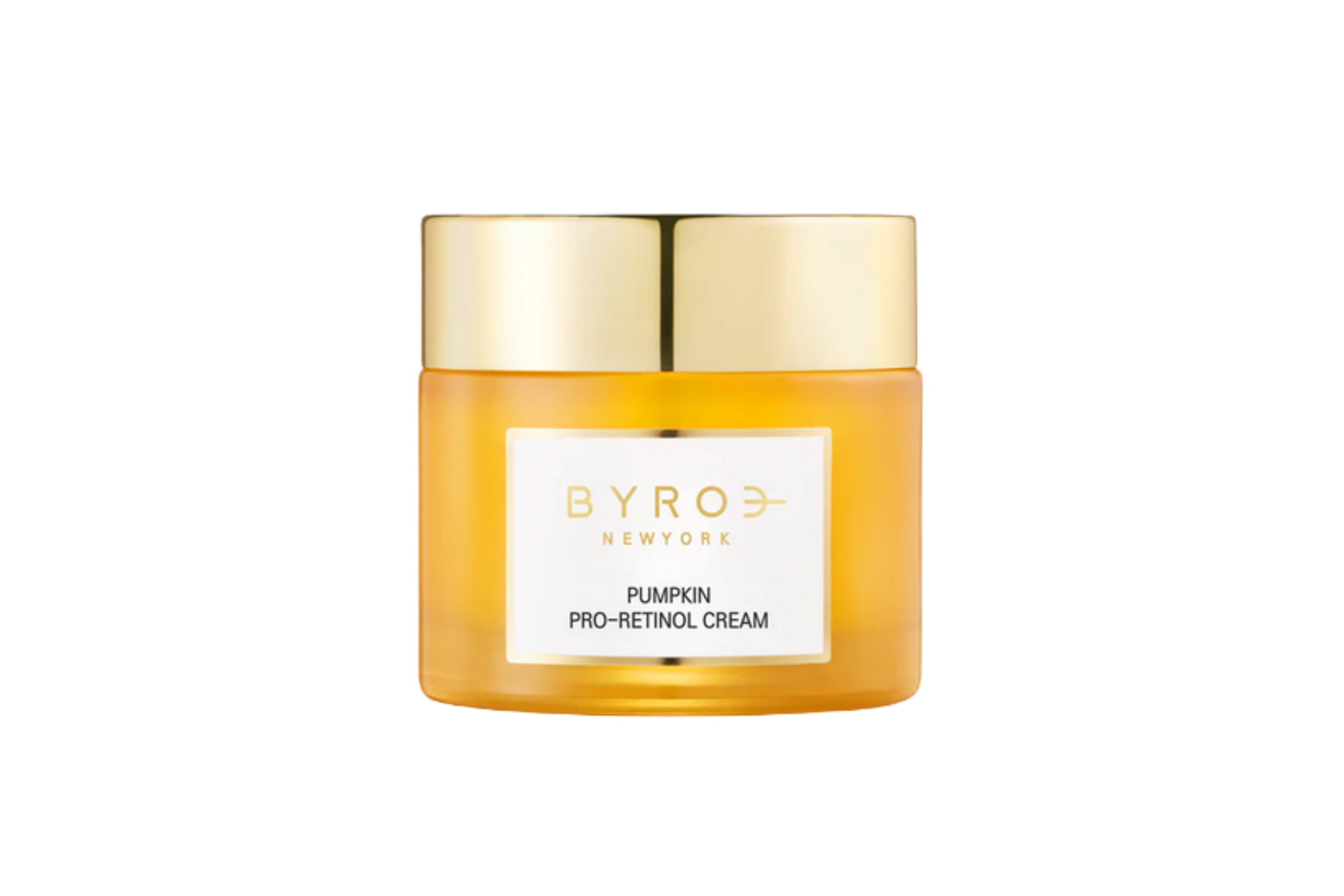
As luxurious as it is hydrating, with skin-loving squalane and glycerin. BYROE uses plant-derived ingredients for a gentle cream, suitable for daily use.
L’Oreal Paris Revitalift Pro-Retinol Hydrating Smoothing Serum 30ml, £9.99
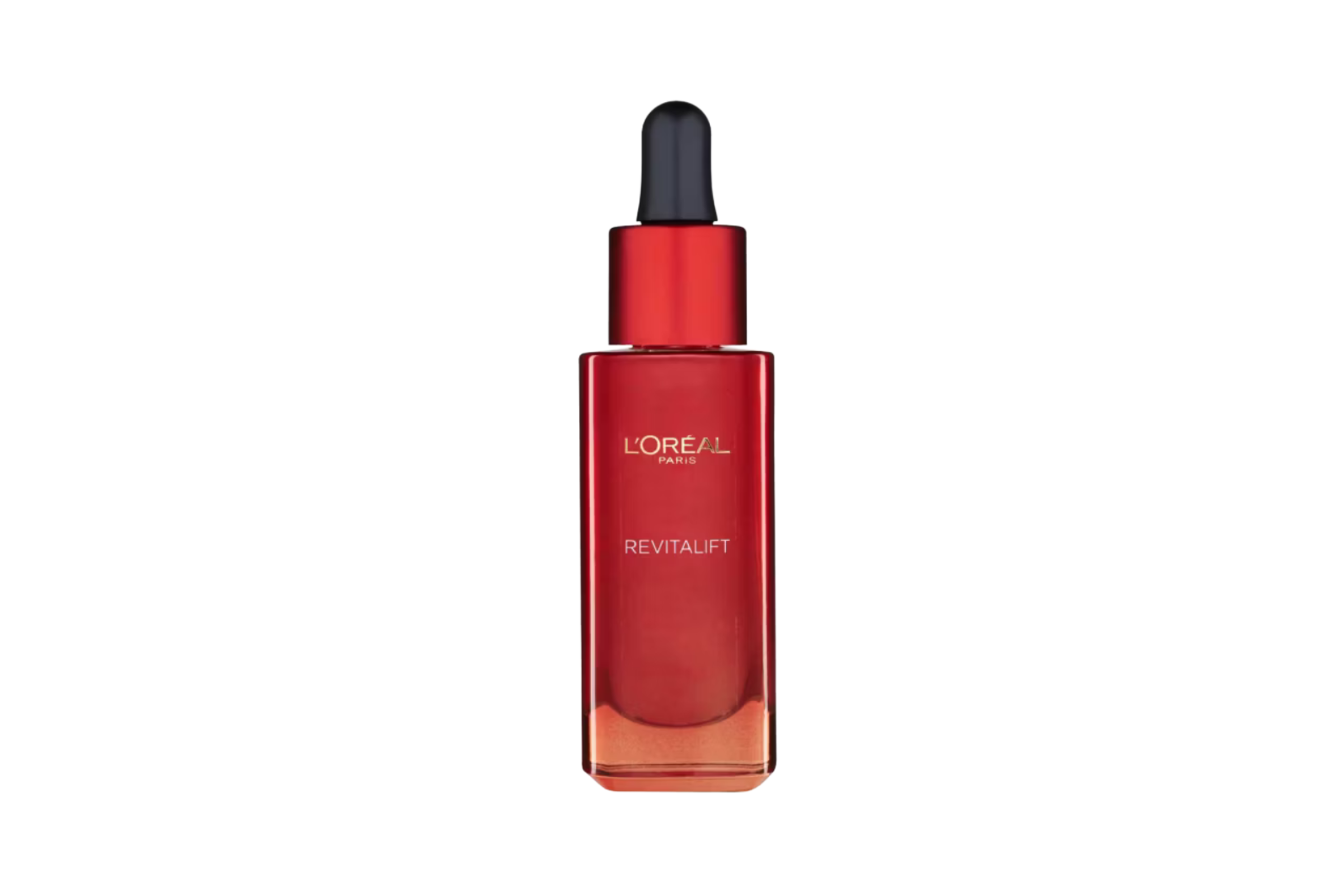
Looking for a grab-and-go high-street favourite? Look no further than L’Oreal. With glycerin and hyaluronic acid, it’s a silky serum offering a push of hydration-sealing ingredients.
Perricone MD Cold Plasma Plus+ Advanced Serum Concentrate, 30ml, £139
![]()
This soothing, exceptionally hard-working serum concentrate features retinyl palmitate alongside copper tripeptides (to improve firmness and elasticity), vitamin C and omegas 3, 6 and 9.
Words: Naomi Lake
Read more in Beauty
- The best dry shampoos for midlife hair
- 5 surprising skin changes that could indicate you’re perimenopausal
Please note, on some occasions, we earn revenue if you click the links and buy the products, but we never allow this to bias our coverage and always honestly review. For more information please read our Affiliate Policy.
All prices correct at time of publishing.





